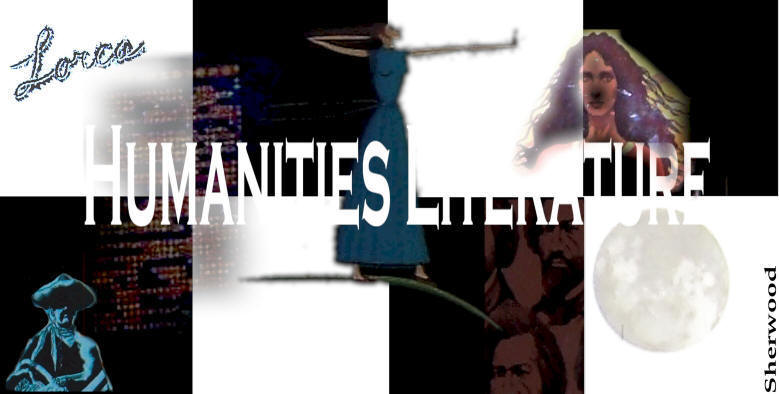|
Self and "Subjectivity " in
Lorca, in folk art (Corrido of Gregorio Cortez)
Working Concept: Subjectivity
- Call to mind your reading in Toolbox
Ch. 4. What changes in attitudes or assumptions are implied if we
talk about people as subjects rather than selves? Are you persuaded by
the Toolbox that we are each subjects? Why or why not? What might
one give up, what might one gain in accepting Nealon and Giroux's
position?
- We've discussed issues of choice, desire,
and fate in Lorca's play. Have we seen the characters as selves or
subjects? What difference would it make to our impressions of key scenes
or characters for us to choose self/subject? (Scenes such as:
Leonardo's visit to the bride; their departure; the mother's sending of
her son).
Film: Saura/Gades' Vision
- I've sought to convince you that speaking
of a general "fate" might rob this tragedy of some of its potential
meanings. But in terms of the film's reading of the play: is it useful
to think of characters as subjects? If so, what does the film seem to
imagine them as being subject to? (Repressive tradition, propriety and
marriage conventions, desire?)
Preview - The Corrido
See Smithsonian Exhibition
on the Web
The corrido is traditionally a poetic
narrative, usually without a known author, which may be circulated by many
singers. Lacking an identifiable author or a single authentic
"edition," one cannot talk about authorial intention. Often a dramatic
news event would occasion the creation of a corrido. But the
survival of a popular corrido through oral repetition suggests that
many audiences and performers found it meaningful.
Many of the most famous and lasting corridos
emerged from the Texas/Mexican border region. As political power and
borders shifted (the
Rio Grande
is called Rio Bravo in Mexico) individuals sometimes found themselves
foreigners on the very land where they were born.
- As you read about the most famous of all
corridos in part I of the e-reserve over the weekend, think about
whether the appeal of Gregorio Cortez is as a kind of
ideal subject, or perhaps as a self who resists being cast as
a subject, or ...?
|
